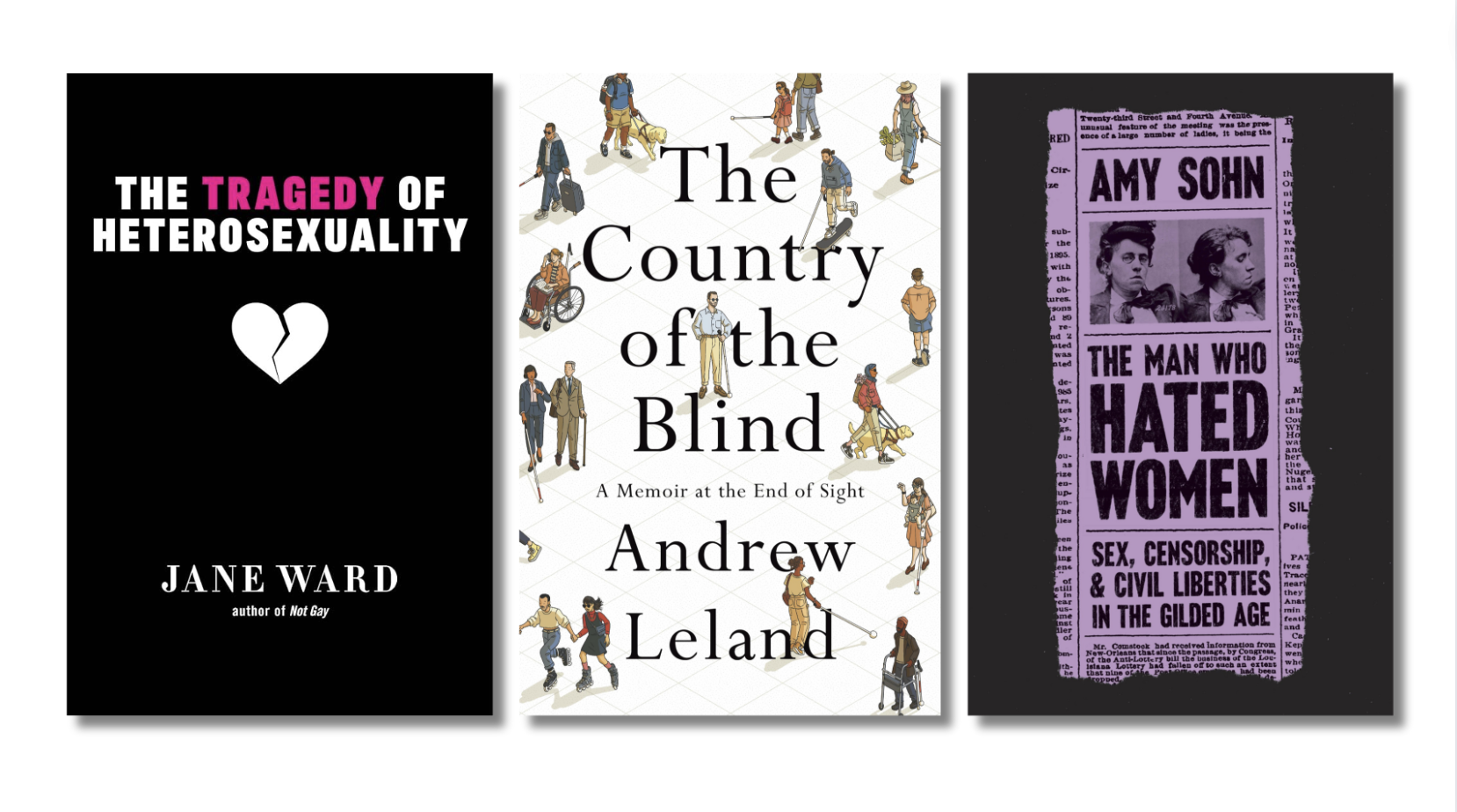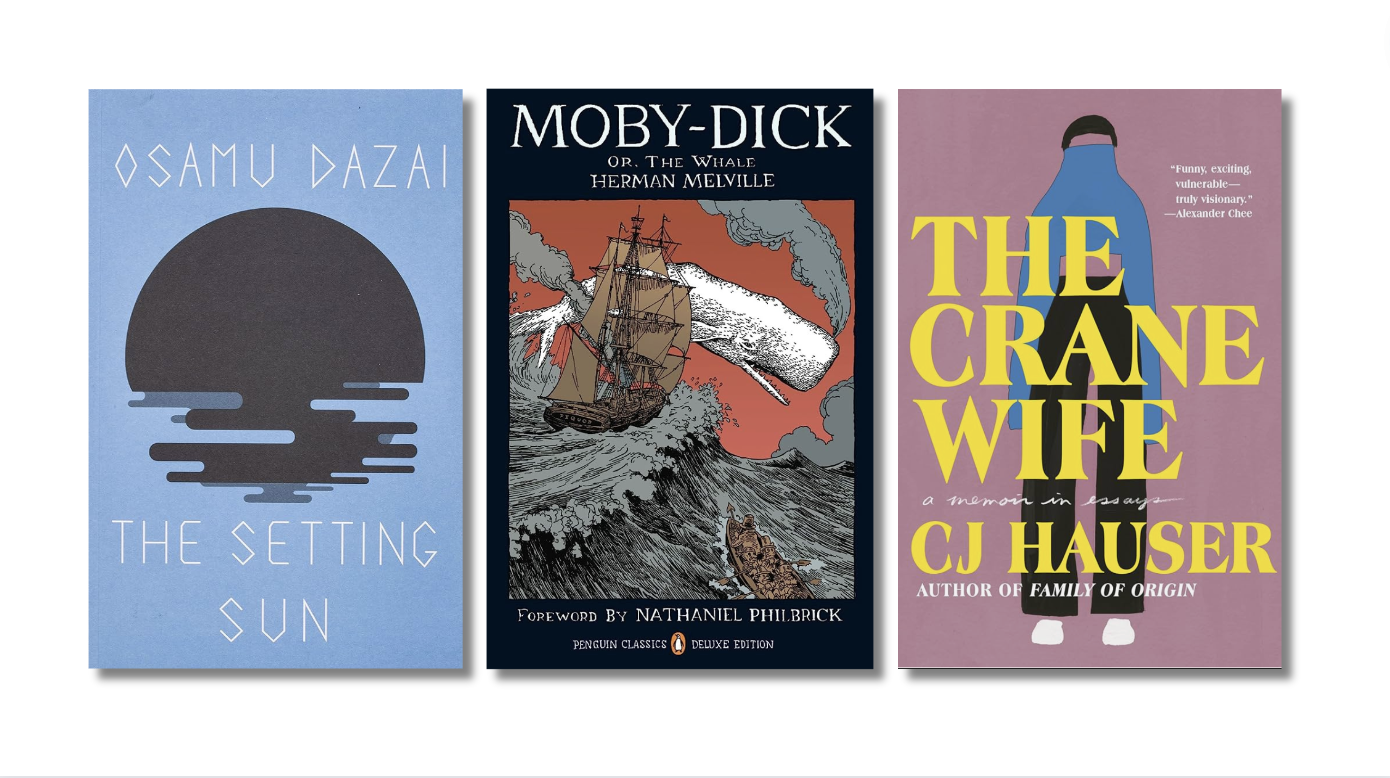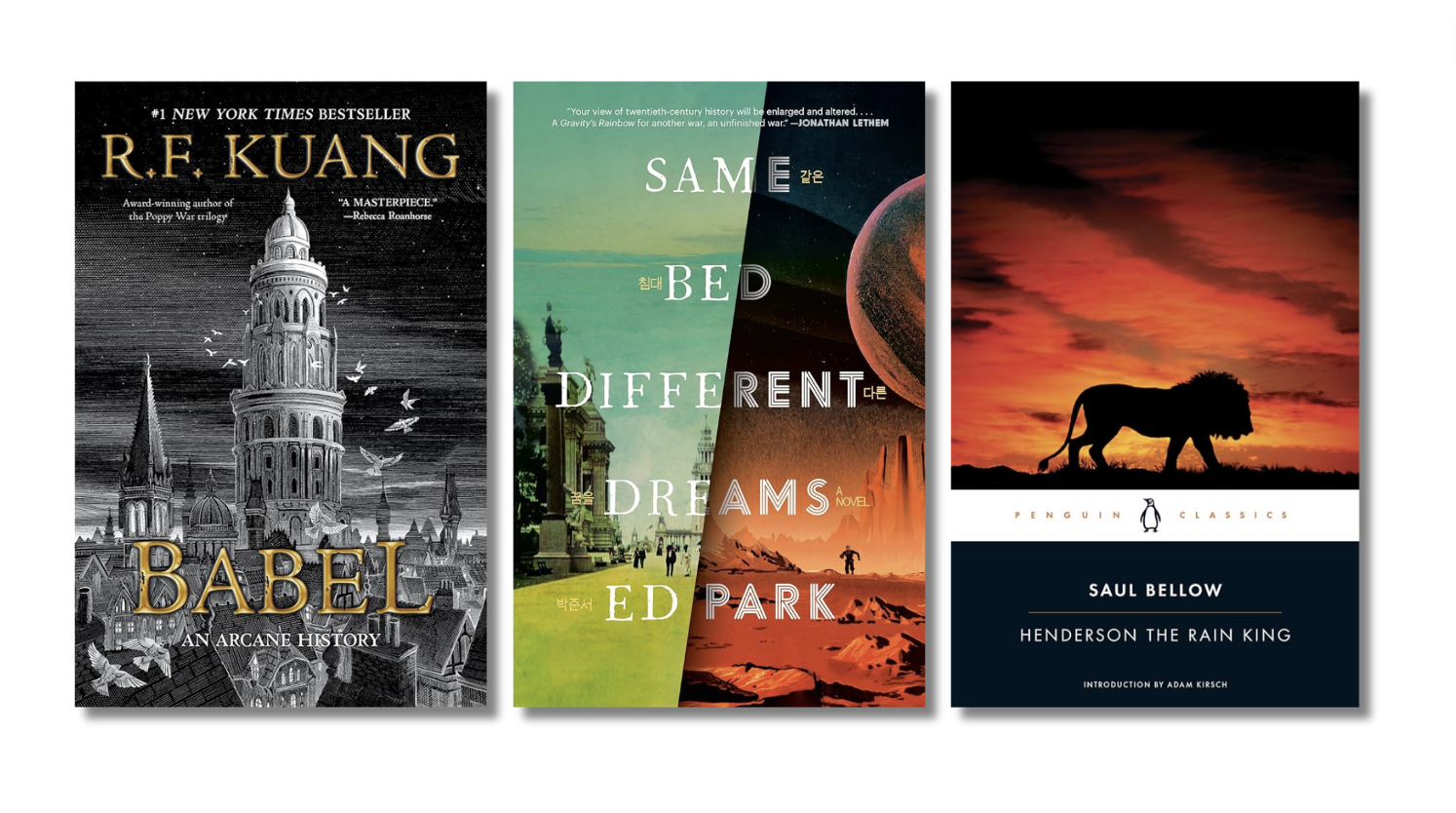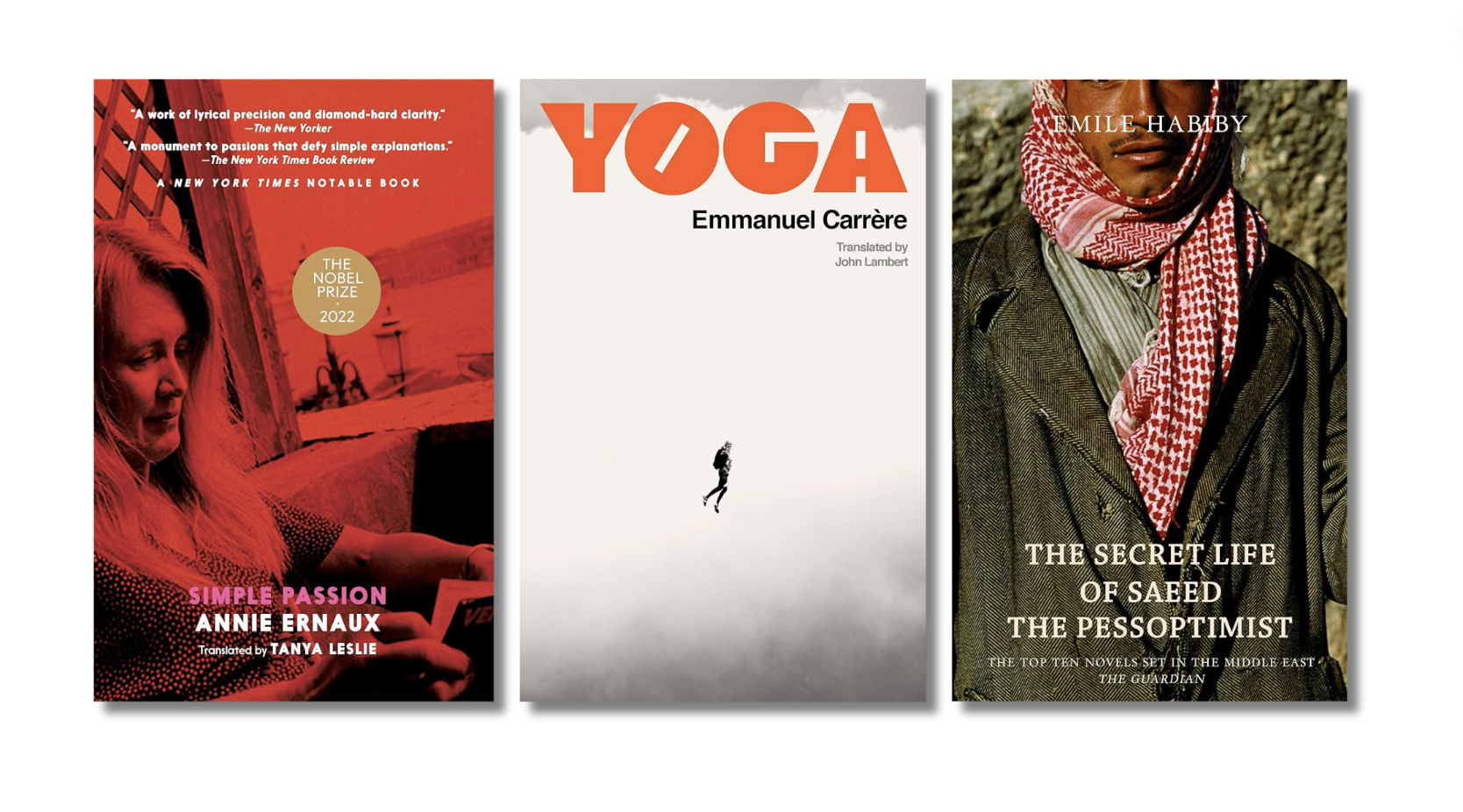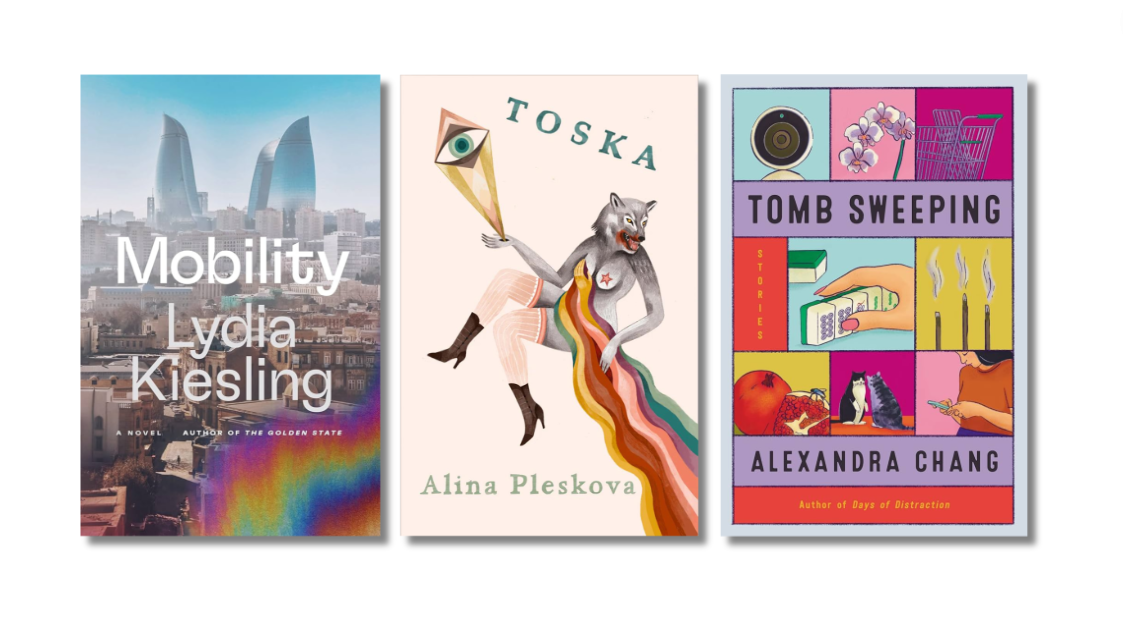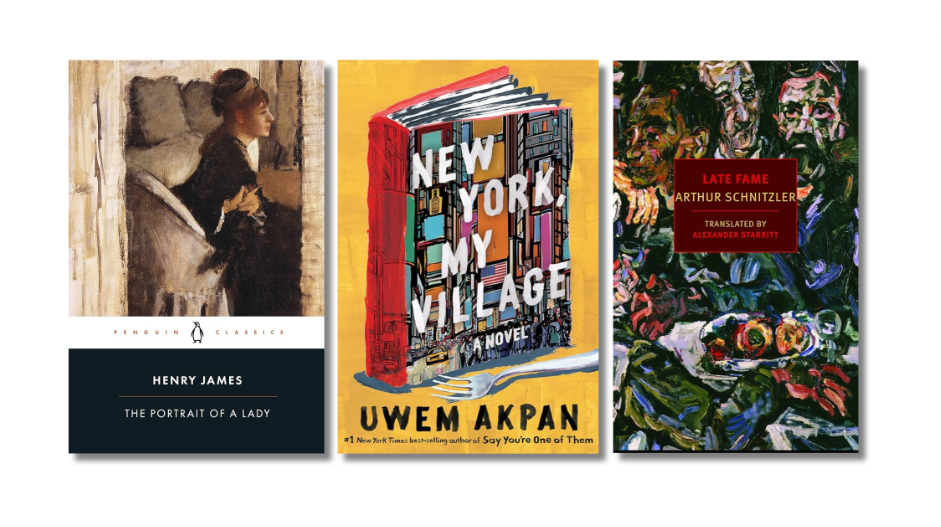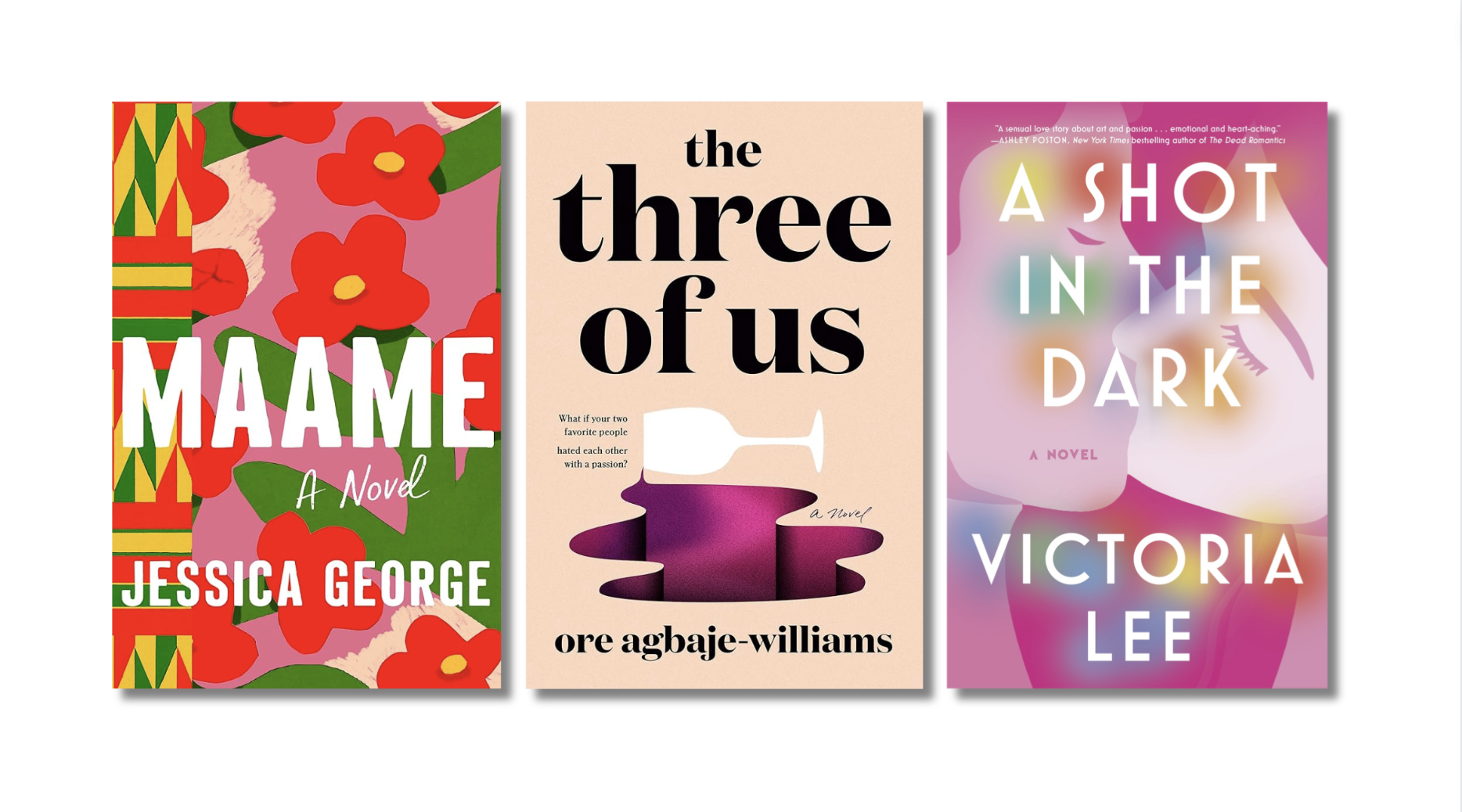My friend Jay Parini once observed that when his reading isn’t going well, his writing isn’t going well. Not only did I find myself in total agreement, but I would go even further: when my reading isn’t going well, it’s as if I’m missing some essential nourishment in my life.
Jay’s comment set me thinking on an added benefit to finding and reading great books: it helps my own writing to hang around good company whose fine qualities might rub off on my own work.
So here are the books that were my best reading company in 2015.
It was a big reading year for me as I’m at a crossroads in my own writing. I can viscerally, sensuously, intuitively taste and touch and hear the novel I want to write, but I don’t yet know how to do it. So as I read, I am “taking notes” with that part of my brain that learns by a kind of osmosis, immersing myself in the element I want to learn to navigate. And if all that comes of this voracious and exploratory reading is a year of being nurtured by wonderful books, so be it.
 First, before all else, how I’ve started my reading year for the last decade: every January, I reread T. S. Eliot’s Four Quartets. The poem is as close to liturgy as poetry can get, and each time I read it, it surprises me: I’m taken once again on many journeys, through mythic landscapes, phrases open up, passages stir the mystery in me again. In the midst of celebrating the beginning of a new chapter of chronological time, I’m reminded of the timeless. I can hear myself struggling to describe why I feel compelled to reread this poem at the start of every year. Let’s just say that rereading Four Quartets is how I ritually kick off my reading year.
First, before all else, how I’ve started my reading year for the last decade: every January, I reread T. S. Eliot’s Four Quartets. The poem is as close to liturgy as poetry can get, and each time I read it, it surprises me: I’m taken once again on many journeys, through mythic landscapes, phrases open up, passages stir the mystery in me again. In the midst of celebrating the beginning of a new chapter of chronological time, I’m reminded of the timeless. I can hear myself struggling to describe why I feel compelled to reread this poem at the start of every year. Let’s just say that rereading Four Quartets is how I ritually kick off my reading year.
 While we are in the realm of reading that opens up space for the spirit, I’ve been reading a lot of spiritual guides and memoirs in the last few years. (Favorite writers include John Main, Laurence Freeman, Thomas Merton, Martin Laird, Jacob Needleman.) My great find this year is a little book by David Whyte, Consolations, meditations on certain words which Whyte peels open, layer after layer, in search of core truths to be found there. For someone who has spent her life using writing as her “string through the labyrinth,” looking to words to light my way is nothing new, and Whyte’s book lit up touchstone words in surprising ways. Among my favorite entries are “Ambition” (“…left to itself always becomes tedious, its only object the creation of larger and larger empires of control; but a true vocation calls us beyond ourselves; breaks our heart in the process and then humbles, simplifies, and enlightens us about the hidden, core nature of the work that enticed us in the first place”); “Longing” (“…beckons us exactly because of the human need to invite the right kind of peril”); “Maturity” — which, at 65, I hope to reach soon (“is the ability to live fully and equally in multiple contexts, most especially, the ability, despite our grief and losses, to courageously inhabit the past, the present, the future, all at once”); “Solace” (“How will you shape a life equal to and as beautiful and as astonishing as a world that can birth you, bring you into the light and then, just as you are beginning to understand it, take you away?”).
While we are in the realm of reading that opens up space for the spirit, I’ve been reading a lot of spiritual guides and memoirs in the last few years. (Favorite writers include John Main, Laurence Freeman, Thomas Merton, Martin Laird, Jacob Needleman.) My great find this year is a little book by David Whyte, Consolations, meditations on certain words which Whyte peels open, layer after layer, in search of core truths to be found there. For someone who has spent her life using writing as her “string through the labyrinth,” looking to words to light my way is nothing new, and Whyte’s book lit up touchstone words in surprising ways. Among my favorite entries are “Ambition” (“…left to itself always becomes tedious, its only object the creation of larger and larger empires of control; but a true vocation calls us beyond ourselves; breaks our heart in the process and then humbles, simplifies, and enlightens us about the hidden, core nature of the work that enticed us in the first place”); “Longing” (“…beckons us exactly because of the human need to invite the right kind of peril”); “Maturity” — which, at 65, I hope to reach soon (“is the ability to live fully and equally in multiple contexts, most especially, the ability, despite our grief and losses, to courageously inhabit the past, the present, the future, all at once”); “Solace” (“How will you shape a life equal to and as beautiful and as astonishing as a world that can birth you, bring you into the light and then, just as you are beginning to understand it, take you away?”).
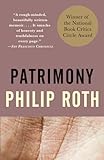 My favorite nonfiction book of 2015 was Philip Roth’s memoir, Patrimony, about the his father’s final illness and death. I’ll admit that I know Roth’s work mostly through film adaptations of his novels. From those films, many of which I liked, I got the impression that Philip Roth was a master of the great American Male Novel. I’m not all that excited about spending reading time following the exploits of some guy who is looking to get screwed, make money, gain power, etc. An unfair bias, it turned out to be, in this instance. I loved this lucid and accurate look at the complex feelings and quandaries that arise from helping our parents at the end of their lives. Now I want to go back and give those Roth novels I know only through their movie versions a chance. I’d hate to miss the company of a fine writer out of a knee-jerk bias that might need to be revised, or at least ascertained, first hand.
My favorite nonfiction book of 2015 was Philip Roth’s memoir, Patrimony, about the his father’s final illness and death. I’ll admit that I know Roth’s work mostly through film adaptations of his novels. From those films, many of which I liked, I got the impression that Philip Roth was a master of the great American Male Novel. I’m not all that excited about spending reading time following the exploits of some guy who is looking to get screwed, make money, gain power, etc. An unfair bias, it turned out to be, in this instance. I loved this lucid and accurate look at the complex feelings and quandaries that arise from helping our parents at the end of their lives. Now I want to go back and give those Roth novels I know only through their movie versions a chance. I’d hate to miss the company of a fine writer out of a knee-jerk bias that might need to be revised, or at least ascertained, first hand.
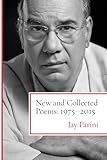
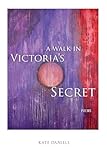
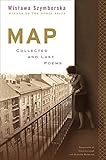 Poetry is my first love, and I always start the day by reading a few poems. (I guess I do create ceremonies with reading time.) My favorite poetry books this year were Map: Collected and Last Poems by Wisława Szymborska, the Polish 1996 Nobel Prize winner in literature, a sly and clever poet with a vivid, incisive moral imagination. I also am a huge fan of Kate Daniels, a contemporary Southern poet who combines both lyricism and a talent for narrative. This year, I reread my favorite of her books, A Walk in Victoria’s Secret, poems that gorgeously document a variety of experiences of being inside a woman’s body. One more poetry book that you will have to wait until 2016 is Jay Parini’s New and Collected Poems, due out next March. Jay asked me to blurb the book, something I do not like to do: blurb books by friends. (Forgive me, readers, if I inject this additional commentary: but blurbing is a practice I think you should all rise up and beg to be discontinued as the blurber is more often than not reading in a compromised way, at least I’ve found it to be so, usually out of loyalty to a writer friend, or a colleague who is up for tenure, or a respected editor who needs to round up a chorus, or a friend of a friend who asks for the favor, or a relative who will be sitting across from you at the family Thanksgiving table.) But I said yes to Jay because I’ve always loved his poetry above all else he has written — and he has written a lot. And I swear that the poems in this collection are as good as I proclaim them to be in my blurb, particularly the newest poems, which have a depth and earned wisdom and simplicity and lyricism that confirm my estimation that Jay is first and foremost a remarkable poet.
Poetry is my first love, and I always start the day by reading a few poems. (I guess I do create ceremonies with reading time.) My favorite poetry books this year were Map: Collected and Last Poems by Wisława Szymborska, the Polish 1996 Nobel Prize winner in literature, a sly and clever poet with a vivid, incisive moral imagination. I also am a huge fan of Kate Daniels, a contemporary Southern poet who combines both lyricism and a talent for narrative. This year, I reread my favorite of her books, A Walk in Victoria’s Secret, poems that gorgeously document a variety of experiences of being inside a woman’s body. One more poetry book that you will have to wait until 2016 is Jay Parini’s New and Collected Poems, due out next March. Jay asked me to blurb the book, something I do not like to do: blurb books by friends. (Forgive me, readers, if I inject this additional commentary: but blurbing is a practice I think you should all rise up and beg to be discontinued as the blurber is more often than not reading in a compromised way, at least I’ve found it to be so, usually out of loyalty to a writer friend, or a colleague who is up for tenure, or a respected editor who needs to round up a chorus, or a friend of a friend who asks for the favor, or a relative who will be sitting across from you at the family Thanksgiving table.) But I said yes to Jay because I’ve always loved his poetry above all else he has written — and he has written a lot. And I swear that the poems in this collection are as good as I proclaim them to be in my blurb, particularly the newest poems, which have a depth and earned wisdom and simplicity and lyricism that confirm my estimation that Jay is first and foremost a remarkable poet.
Okay, let’s get to the favorite novels of 2015. This is where my reading was most demanding, because I was in search of books that accomplished what I wanted to be doing with my writing, not necessarily the same kind of writing, but writing that surprises me, novels that take me places I haven’t gone before in a novel, novels that are infused with the same charged language and incantatory rhythms of the best poetry. I’m especially enamored of short poetical novels, maybe because of the same reason I find Kate Daniels’s poetry so intriguing: I like those hybrids that combine two genres I’ve been immersed in most of my writing life: fiction and poetry.
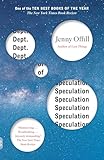
 Three favorite novels: Teju Cole’s Open City, narrated by a Nigerian immigrant and graduate student studying in New York City, a lyrical ramble through his thoughts, impressions, memories as he wanders through the city, encounters friends, muses on strangers, situations. While reading it, I was caught in the currents of his language and rhythms and perceptions, which all affected the way I moved through my own world. Not a traditional novel, for sure, but absorbing and so intelligent and seamless in the way it moves. Another favorite this year was Jenny Offill’s Department of Speculation, another short, unusual novel, very different, more staccato in its rhythms but as original in its perception. Written in journal form as posts from the embattled frontiers of a relationship by a very smart, funny, slightly spacey lover/wife/betrayed wife/new mother. The writing is spare — not an extra ounce here! Offill packs so much in these short entries. A whole relationship deconstructed and reconstructed in less than 200 pages. How did she do it? I’m still “taking notes.”
Three favorite novels: Teju Cole’s Open City, narrated by a Nigerian immigrant and graduate student studying in New York City, a lyrical ramble through his thoughts, impressions, memories as he wanders through the city, encounters friends, muses on strangers, situations. While reading it, I was caught in the currents of his language and rhythms and perceptions, which all affected the way I moved through my own world. Not a traditional novel, for sure, but absorbing and so intelligent and seamless in the way it moves. Another favorite this year was Jenny Offill’s Department of Speculation, another short, unusual novel, very different, more staccato in its rhythms but as original in its perception. Written in journal form as posts from the embattled frontiers of a relationship by a very smart, funny, slightly spacey lover/wife/betrayed wife/new mother. The writing is spare — not an extra ounce here! Offill packs so much in these short entries. A whole relationship deconstructed and reconstructed in less than 200 pages. How did she do it? I’m still “taking notes.”
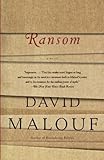 But my favorite of the three has to be Ransom by David Malouf, an Australian novelist whose work I had never read before. It was recommended to me by my aunt who described it as a novel about The Iliad characters, Achilles and Priam. I thought, oh no, been there, read that (college courses, undergraduate courses; later, courses I taught where the curriculum was mandated by the old guard). But as with Philip Roth’s Patrimony, was I ever wrong about this novel, which does spring from an incident in The Iliad, but unpacks it and creates a space of grace and transcendence in all that blood and gore, which is what I mostly recall about reading and teaching the classic epic. The novel is a short, lyrical evocation of an encounter between two grieving heroes. (Achilles has lost his friend Patroclus to the Trojan war, and Priam his son, Hector.) A convincing breakthrough happens in the midst of violence, elucidating a moment in The Iliad that I hadn’t ever thought about much and probably missed by blinking when it was passing. (Or more likely, by covering my eyes, metaphorically, fed up with all the killing and violence.) When I closed Malouf’s novel, I did what I find myself doing when I am deeply moved and transformed by a book, I opened it again, and immediately began rereading it.
But my favorite of the three has to be Ransom by David Malouf, an Australian novelist whose work I had never read before. It was recommended to me by my aunt who described it as a novel about The Iliad characters, Achilles and Priam. I thought, oh no, been there, read that (college courses, undergraduate courses; later, courses I taught where the curriculum was mandated by the old guard). But as with Philip Roth’s Patrimony, was I ever wrong about this novel, which does spring from an incident in The Iliad, but unpacks it and creates a space of grace and transcendence in all that blood and gore, which is what I mostly recall about reading and teaching the classic epic. The novel is a short, lyrical evocation of an encounter between two grieving heroes. (Achilles has lost his friend Patroclus to the Trojan war, and Priam his son, Hector.) A convincing breakthrough happens in the midst of violence, elucidating a moment in The Iliad that I hadn’t ever thought about much and probably missed by blinking when it was passing. (Or more likely, by covering my eyes, metaphorically, fed up with all the killing and violence.) When I closed Malouf’s novel, I did what I find myself doing when I am deeply moved and transformed by a book, I opened it again, and immediately began rereading it.
Would that we could do in the world what a book like this does in the imagination: create such baffling complex beauty that we are believers again in our power to infuse the world with more sweetness, more light.
In keeping with my opening ritual, I’ll close the reading year by saying, Amen to that.
More from A Year in Reading 2015
Don’t miss: A Year in Reading 2014, 2013, 2012, 2011, 2010, 2009, 2008, 2007, 2006, 2005
The good stuff: The Millions’ Notable articles
The motherlode: The Millions’ Books and Reviews
Like what you see? Learn about 5 insanely easy ways to Support The Millions, and follow The Millions on Twitter, Facebook, Tumblr.






